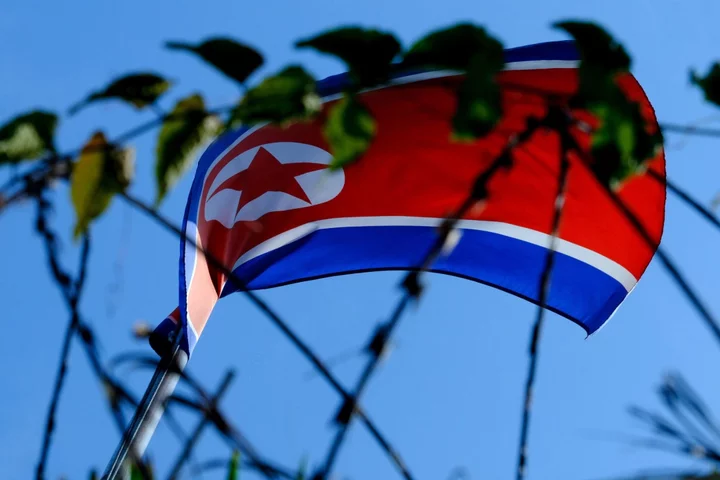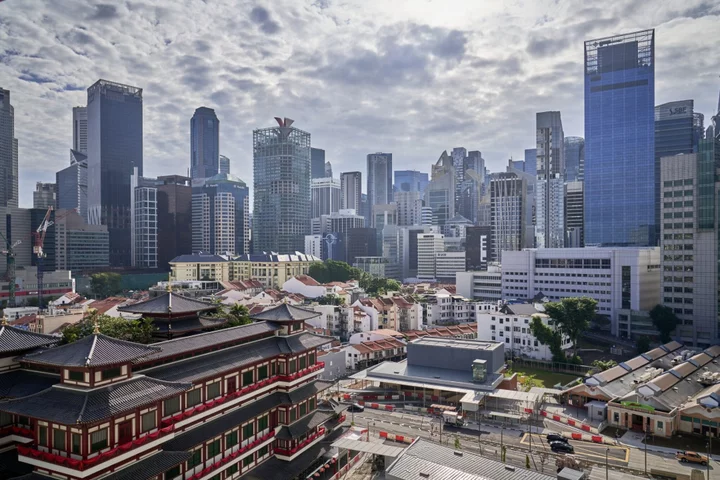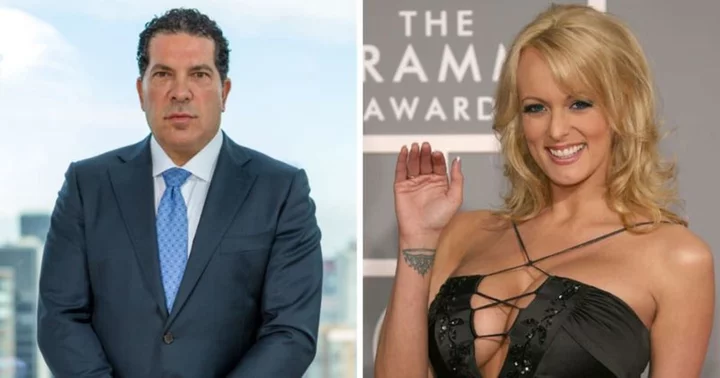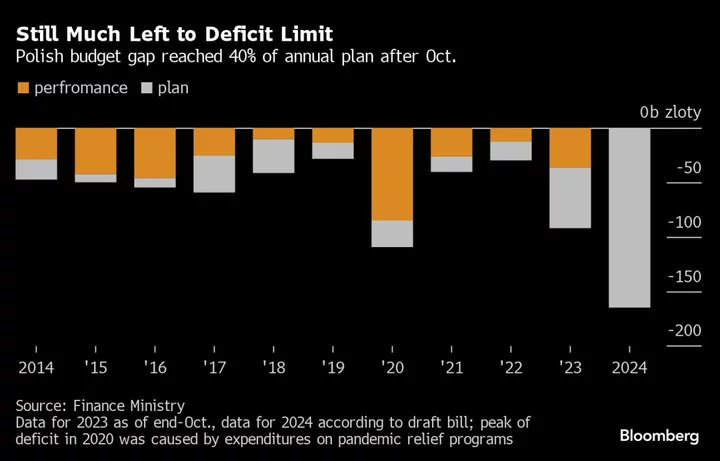A deal between South Korea and Japan to remedy a long-running impasse can help work with their US ally to share intelligence on North Korea and boost their economic leverage with China, according to a top architect of the pact.
“We are advancing the issues of security cooperation, especially information sharing among the three countries,” Park Cheol Hee, chancellor of the Korea National Diplomatic Academy, said of the deal between Seoul and Tokyo that was unveiled in March.
“We definitely leveled up our relationship between Korea and Japan,” Park told Bloomberg Television on Thursday, adding the pact would help the neighbors work on economic security issues and address concerns about global supply chains.
The recent rapprochement has also helped advance a plan to link the radar systems of Japan, South Korea and the US, allowing them to better track missiles from North Korea and provide instantaneous information of any launch. North Korea in recent years has set its sights on the three by rolling out new ballistic missiles that are quick to deploy and designed to deliver nuclear strikes to all of Japan and South Korea, which host the bulk of US troops in the region.
South Korean President Yoon Suk Yeol and Japanese Prime Minister Fumio Kishida struck a chord of unity at a rare summit held Sunday where the US allies agreed to cooperate on North Korea. The visit marked the first formal summit in Seoul in about a dozen years between the neighbors.
They also advanced the deal to compensate Koreans forced to work at Japanese factories and mines during its 1910-1945 colonial rule over the peninsula. The pact calls for South Korean firms to contribute to a compensation fund for the conscripted Korean workers.
Read: Why South Korea-Japan Ties Are Plagued by History: QuickTake
The payments were meant to avoid forcing Japanese companies to provide compensation, in line with Tokyo’s contention all such claims were settled under a 1965 agreement. President Joe Biden’s administration welcomed the move, calling it “groundbreaking” but Yoon has had trouble winning over the public at home with surveys showing most voters were against the pact.
Park said the deal marked “an achievement by the two leaders, and the United States facilitated it and encouraged it.”
A few previous South Korean presidents have ramped up pressure on Japan in attempts to stir up domestic support through populist sentiments against a country that left deep scars due to its colonial rule.
But, in his first year in office, Yoon has rolled out security policies that align with those of Kishida’s government and said finding ways to heal historical differences could lead to long-lasting benefits.
Despite the plan for a resolution on a historical issue, Park acknowledged that numerous conflicts could still arise in the future. However, he emphasized that “the Yoon administration remains steadfast in its commitment to not leverage the Japan matter for domestic popularity,” and hence “the deal is here to stay.”
The friction between Seoul and Tokyo caused headaches for the US as it sought help from its partners in securing global flows of key materials that were less dependent on China. The Biden administration has also been seeking help to impose sweeping curbs on the sale of advanced chips equipment to China in a policy aimed at preventing the country’s progression in a range of cutting-edge technologies.
Kishida said his summit with Yoon helped him “deepen the relationship of trust,” as the two leaders applauded a resumption of shuttle diplomacy and cooperation on items such as semiconductors. Park said the deal should help the partners address economic concerns posed by China.
“If we stand strongly together with the US and Japan, we are in a much more comfortable position to deal with China,” Park said, adding “the Korean government is not against China. It’s our mission to re-embrace China in a favorable way.”
--With assistance from Shinhye Kang, David Ingles, Yvonne Man and Rishaad Salamat.
(Updates with additional quotes and backgrounds)
Author: Jeong-Ho Lee and Emily Yamamoto









